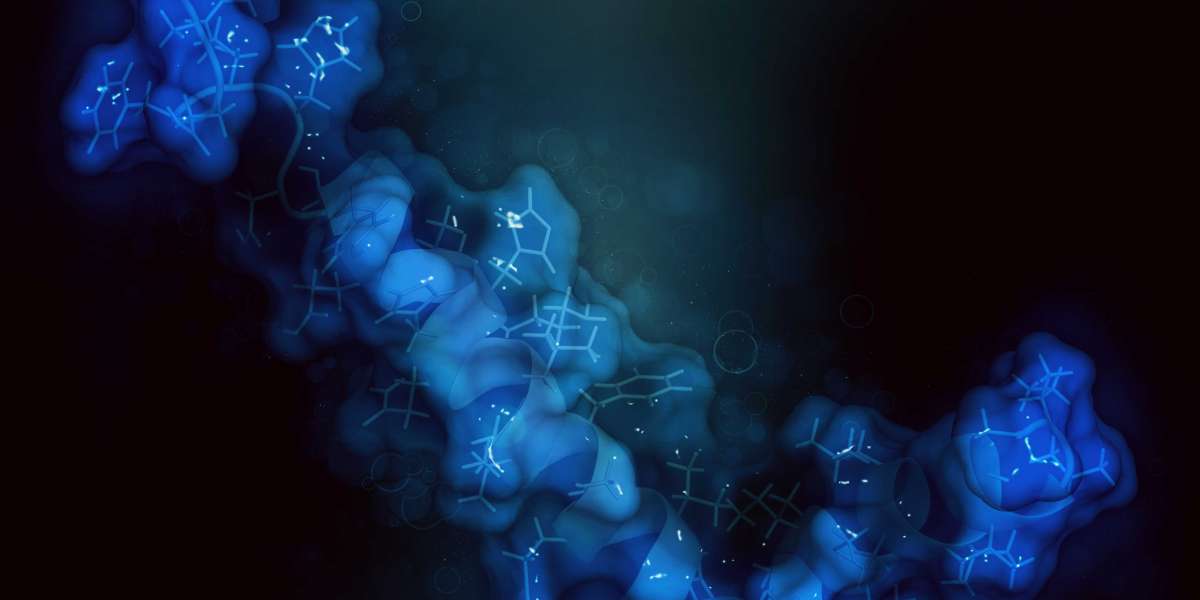The chemical and pharmaceutical industries play a crucial role in improving health outcomes and enhancing quality of life. A significant aspect of these industries lies in their ability to create and optimize process systems that efficiently produce therapeutic products. With many years of collective experience, professionals in this field have developed a deep understanding of recovery and purification processes that are essential for the production of a wide variety of recombinant biotherapeutics.
Importance of Recovery and Purification Processes
In the realm of biotechnology, recovery and purification processes are critical for isolating valuable products from complex mixtures. These products include proteins, enzymes, immunotoxins, monoclonal antibodies, protein-based vaccines, and exosomal products used in cellular therapies. The efficient extraction and purification of these biotherapeutics are not only vital for product quality but also for the economics of production.
The production process typically begins with the expression of the desired biomolecule in a suitable host, such as bacteria, yeast, or mammalian cells. Following this, a series of downstream processing steps are employed to recover and purify the product. These steps may include clarification, concentration, chromatography, and filtration, among others. Each stage is meticulously designed to maximize yield while minimizing the loss of the target product.
Optimization of Process Systems
In order to enhance the effectiveness and efficiency of downstream processing, continuous evaluation and optimization of process systems are essential. Experienced teams in the industry conduct thorough investigations to identify areas for improvement in both process and plant operations. This may involve analyzing process conditions, assessing equipment performance, and implementing technological advancements.
Advanced techniques such as Process Analytical Technology (PAT) and real-time monitoring systems can play a significant role in this optimization. By utilizing these tools, professionals can gain insights into the dynamics of the purification process and make data-driven decisions to enhance yield and purity.
The Role of Expertise in Biotherapeutic Development
The success of developing biotherapeutics hinges not only on innovative technologies but also on the expertise of the personnel involved. A skilled workforce with a comprehensive understanding of bioprocessing and downstream operations is indispensable. These experts are equipped to tackle challenges that arise in the production process, employing their knowledge to devise solutions that address issues such as product degradation, contamination, or process bottlenecks.
Collaboration among scientists, engineers, and regulatory experts further enhances the ability to bring effective biotherapeutics to market. By working together, they can ensure that the processes are not only efficient but also compliant with stringent regulatory standards.
Conclusion
The continuous advancements in process systems for the chemical and pharmaceutical industries are foundational to the effective production of biotherapeutics. By focusing on the recovery and purification processes, industry professionals contribute significantly to the development of life-saving medicines and therapies. As technology evolves and expertise expands, the potential for producing high-quality biotherapeutics will only increase, promising better health outcomes for patients worldwide.








